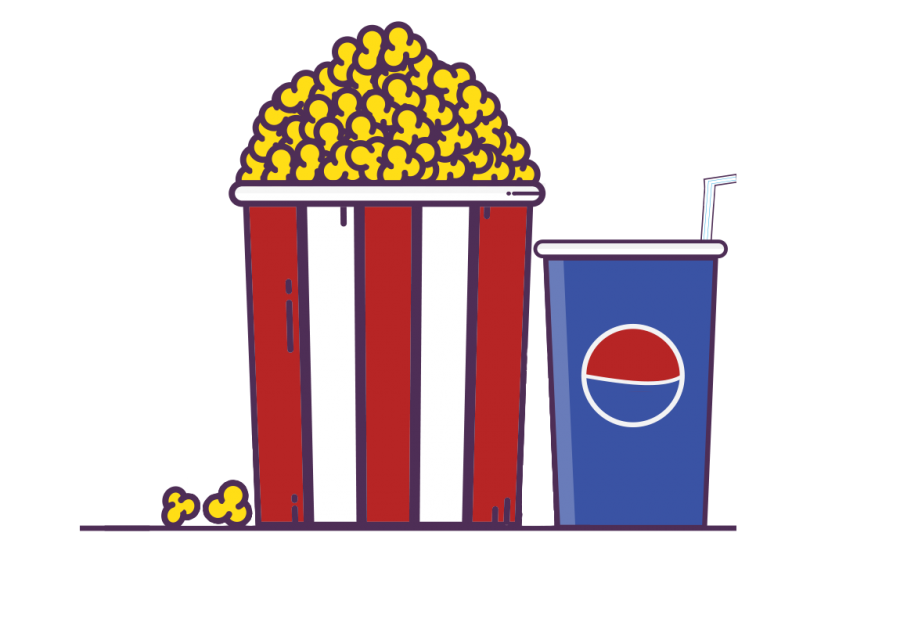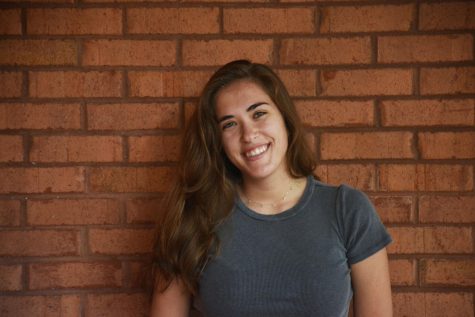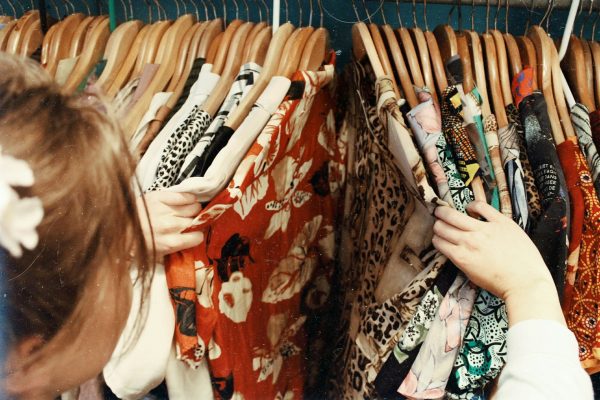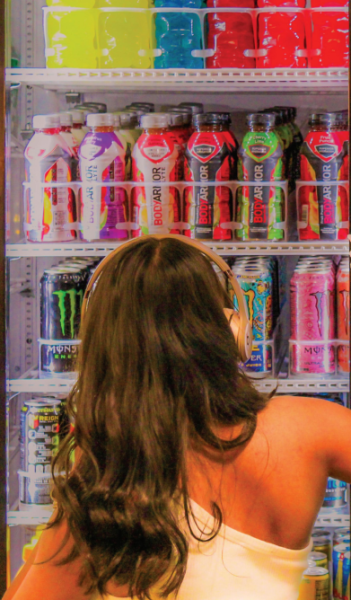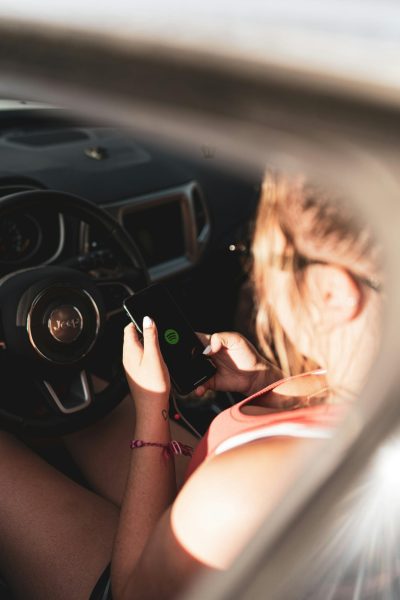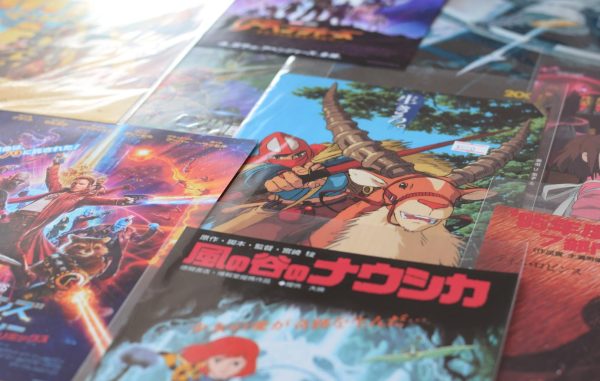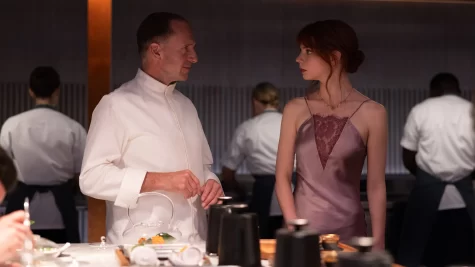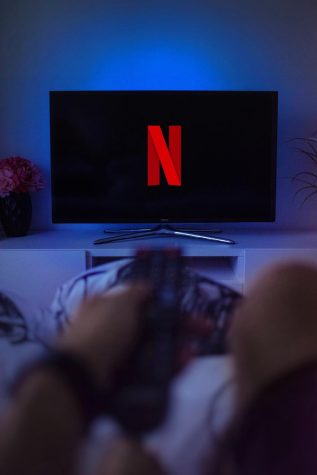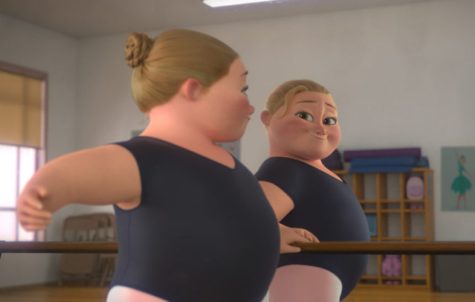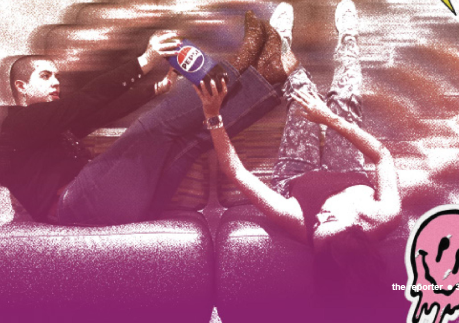Hollywood’s Rejection of Originality
While live-action remakes of Disney classics flood the silver screens, audiences are conflicted with this attempt to bring past successes back to life.

Students are often told not to cheat off of tests in order to obtain good grades that they seek. But it seems that in today’s Hollywood spotlight, there is more than enough “cheating” to go around. Between prequels and sequels that audiences have never asked for, there are also Disney remakes of classic successes which have flooded cinemas, and this method of revamping past influences does not always turn out to be a noteworthy nod to nostalgia.
The idea of twisting old classics into live-action movies began in 2010 with Tim Burton’s “Alice in Wonderland.” Audiences may have been attracted to the nostalgia which is attached to a remake; it represents a chance to have a new viewing experience while connecting back to what a lot of audience members grew up with. Box office numbers label this movie among other Disney remakes a success, but our student body seems conflicted on this idea. Disney fans tend to be conflicted when it comes to these remakes. Molly Parsons (‘22), who has always been a huge fan of Disney movies and their original classics said, “I enjoy some of them on a surface level… they are great attempts, but you can’t beat a classic.”
Since Burton’s “Alice in Wonderland,” the silver screens have debuted 11 other movies this decade including “Dumbo,” “Aladdin,” “The Lion King,” and “Maleficent: Mistress of Evil,” all of which hit theaters in 2019. Joshua Edmands (‘21), a digital arts student and avid film viewer said, “I believe that the remakes lack originality and highlight the plight of nostalgia that has been plaguing Hollywood… right now people will go out in droves to go so a critically and commercially mediocre remake of “The Lion King,” and won’t pay to see original films.”
This most likely does not come as a surprise considering Disney remakes are some of the most advertised films in Hollywood. Disney’s huge reach on the public allows these movies almost guaranteed profit from the start. By banking on the nostalgia value, Disney has created a new Hollywood trend which has changed the film industry as we know it. Parsons recognizes this as well, “I think that Disney has gotten lazy and a lot of people are doing the same. Think about how many movies in the past year were original and not taken from another book, or movie… not much.”

There are already twelve more Disney live-action remakes in the works. Right now some of the most talked about are “Mulan” and “The Little Mermaid.” The latter has picked up more attention after Halle Bailey was cast to play the coveted role of Ariel. Deciding to cast Bailey as a black woman representing Ariel, who is white in the 1989 version, is important to the trend of diversifying casts. The casting decision created a divide amongst anyone with access to any social media platform, so basically, everyone. Whether or not someone was a Disney fan, almost everyone had to have a say in Bailey’s casting and Disney’s decision to follow suit in the current Hollywood efforts of inclusion.
Although Disney may be attempting to make amends with a white-washed history within these remakes, there is still the sad truth that overall, the goal is to create profit on an old story. Edmands also wanted to comment on this subject, “I personally think it all comes down to money. They [Disney] saw how much of a cultural and monetary impact “Black Panther” was, so they know they can make money again… it doesn’t make up for years of white-washed history.” Disney could have used new films to right their wrongs like they did with “Moana,” but instead the hoards of reboots are still in line to hit the screens.
The use of casting stars has been one of the reasons that these Disney remakes have been so successful. When Emma Watson, best known for her role as Hermoine in the “Harry Potter” movie series, was cast to play princess Belle in the “Beauty and the Beast” live-action remake, audiences were eager to see her take on a new role, especially those who had grown up watching her as Hermoine. This trope was again repeated with the star-heavy casting of “The Lion King” which included pop-culture stars such as Beyoncé, Donald Glover (Childish Gambino), as well as Keegan-Michael Key. Even “Aladdin” featured Will Smith as Genie which drove the advertising for that remake to new heights. Fans of these famous stars then, of course, are attracted to new adaptations of classic Disney movies, if not for the nostalgia, but to see some of their beloved figures take on new roles.
Parsons, who mentioned that “Aladdin” was personally her favorite of the 2019 remakes, said that was so because, “they kept parts of the original movie, but didn’t try to follow it exactly. In order for these movies to succeed, you need to keep the nostalgia of the original, while also not trying too hard to be the original.” It’s important to note that even though fans are happy to look back and pay tribute to the old classics, they are also looking forward to new material from the franchise, which is something that can not be done while the focus is so “reboot heavy.”
Although there are positives about these Disney remakes, such as seeing stars again on the silver screen, Disney’s reboots have ultimately taken up a huge part of Hollywood productions. So much time is being wasted on redoing what were perfectly successful classics on their own, and in the case of Hollywood, this nod to old success is something that has done more harm than good to the film industry.
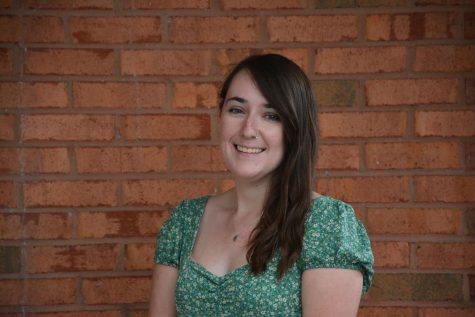
Rene Campbell is the Arts and Culture Section Editor for the Reporter as well as the Executive Editor of Touchstone. She is an English major with minors...


